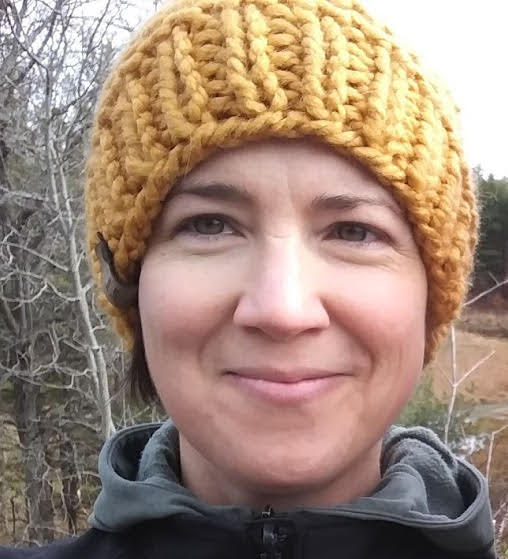- Michael Harrington
- Lomez
- Tony Martins
- Roobz
- Kayla Alle and Mike Knippel
- Samoa Wilson
- Shelagh Corbett
- Alf Bogusky
- Mr. Abbott
- Rachel Eagen
- Martha Herndon
- Charlie Dalton
- Kathryn McLeod
- Bob Bickford
- Michael Murray
- The Galaxy Brains
- Gerard Tevlin
- Leah Modigliani
- Jeffrey Mackie
- Zachary Rombakis
- Jones Murray
- Gun Roze
- Joe Macdonald
- Rob Hyndman
I’m up early to the sound of birds in the marsh. They’re going crazy. I bring my coffee to the window, and it’s like an avian construction zone out there: birds are divebombing the creek, returning with dried grass and dead cattails in their beaks; madly zigzagging from power lines to trees, frenetic voyages from fence posts to bush. They’re frantic, I think, or maybe this is just the energy of new life, and of hope.
We’ve been finding half-built nests, kicked out of trees and abandoned on the ground. The other day, K retrieved a ball from a hedge and discovered a broken robin’s egg, which he cradled in his palms as though it were alive. K placed the delicate fragments on a window ledge, where they rested for days before the wind blew them away. And it’s painful, these shards of loss, so quiet and unwitnessed; the grieving mother has moved on and started over, and it’s beautiful and sad, and I couldn’t put this to words when my son opened his hands and looked up at me, his blue eyes full of excitement and pride.
There is something about this season of renewal that takes me back to the times when I felt shattered and lost: my interminable crossroads. I remember things I did not handle well, when I knew only the graceless rage of victimhood: stomping through the city, the last filthy black crusts of snow refusing to melt, music roaring in my ears—it was never loud enough—and trying in vain to land a punch at the boxing gym, where, after months of swelling and bruising, a trainer finally broke it to me, you’re just not a fighter.
Yet robins covered the green lawns that spring. I watched them hop around in the rain. They seemed to be laughing though their feathers were soaked, driven by love, or joy, or the hardy industry of motherhood.
And then, a card in the mail from my mother. A watercolour of a robin, and in her perfect calligraphy, she had penned: Robins are a harbinger of spring, and in an instant, her voice and her smile found me across the miles, a benediction. It was a miracle to be loved this way.
Last summer, a pair of cardinals built a nest in the bush under my window. It was fascinating to watch their tireless building and rebuilding; endless guarding and defending in the sticky heat. I swear I could feel their exhaustion as I watched them scare away blackbirds twice their size. I was awe-stricken and envious of their teamwork as I listened to them signal to each other, calling between the bush and maple at shift change, checking in. Every day, I lifted my son to the window to peer down into the nest where the female sat with her eyes closed against the blinding sun, but incredibly, she sensed us—the tiniest tensing, the tilt of her head as she intuited our presence.
And one morning, I looked out to see that the nest had been ravaged in the night. The eggs were gone, the nest destroyed. The disappointment was crushing and weirdly personal. I explained to K that sometimes life isn’t fair, that raccoons must eat, too, that nature can seem cruel but it’s just nature. I hated myself for saying these things because really, I was asking him to accept what I can’t.
But still, life continues like this every spring. New nests are everywhere—in the bushes, on top of electrical boxes, beneath soffits, above the shed. And it is amazing, truly, although maybe not such a great mystery. For we are mothers, after all, and this is what we do.
My son shrieks and sprints across the lawn with a new treasure in his hands. I smile from where I stand on the deck, spying the feathery tops of heads as he runs toward me. I am surrounded by waiting mothers, their determined stares darting over nest edges. I know it might not work out for them, and they know it, too. But hope stirs in my chest all the same. For what else is there to do after months of darkness, amid wreckage and ruin, as pale green things begin to push through the dirt?

Rachel Eagen
